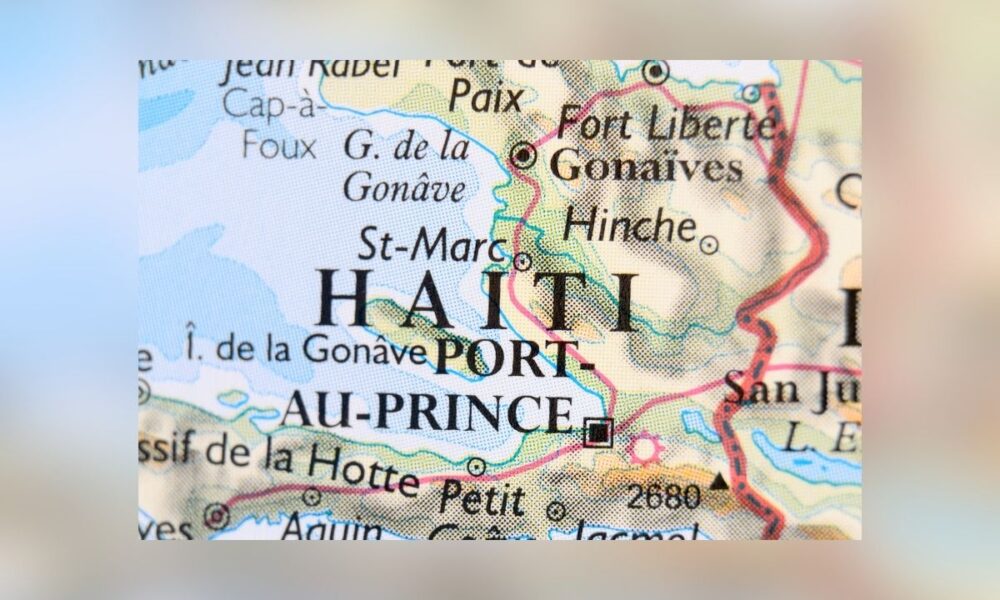The U.S. Treasury Department sanctioned two key figures linked to Haiti’s Viv Ansanm gang coalition on Thursday, targeting the terrorist group’s support network.
The Office of Foreign Assets Control (OFAC) designated former police officer Dimitri Herard and gang leader Kempes Sanon for their roles in enabling the coalition’s violent campaigns.
The sanctions underscore Washington’s intensifying pressure on Haiti’s criminal networks as gang violence continues to destabilize the Caribbean nation. Viv Ansanm, designated a Foreign Terrorist Organization in May 2025, has orchestrated widespread attacks against government institutions.
Herard escaped from prison in 2024 after serving time for his connection to President Jovenel Moïse’s 2021 assassination. Since breaking out, he has provided training and firearms to multiple gang leaders within the Viv Ansanm alliance.
“Today’s action underscores the critical role of gang leaders and facilitators like Herard and Sanon, whose support enables Viv Ansanm’s campaign of violence, extortion, and terrorism in Haiti,” said Bradley T. Smith, Director of OFAC.
Sanon leads the Bel Air gang, a constituent member of Viv Ansanm. His group has carried out civilian killings, kidnappings, extortion schemes, and illicit taxation operations throughout Haiti.
The designations freeze all U.S.-based assets belonging to both men. American citizens and businesses are prohibited from conducting any transactions with them.
Foreign financial institutions risk secondary sanctions if they knowingly facilitate significant transactions for the designated individuals. OFAC can restrict or close U.S. correspondent accounts for banks that violate these measures.
Both men were sanctioned under Executive Order 13224, which targets terrorist groups and their supporters. The State Department previously used this authority to designate Viv Ansanm itself as a terrorist organization.
Haiti has struggled with escalating gang violence since Moïse’s assassination. Criminal groups now control large swaths of the capital, Port-au-Prince, and surrounding areas.
The Treasury Department emphasized that sanctions aim to change behavior rather than punish permanently. Designated individuals can petition for removal from the sanctions list by demonstrating changed circumstances.


